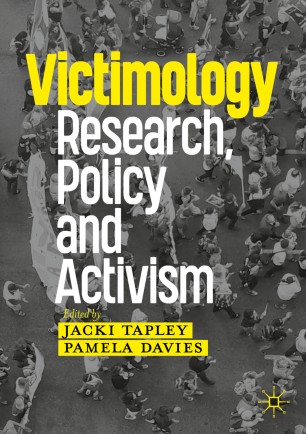

Most ebook files are in PDF format, so you can easily read them using various software such as Foxit Reader or directly on the Google Chrome browser.
Some ebook files are released by publishers in other formats such as .awz, .mobi, .epub, .fb2, etc. You may need to install specific software to read these formats on mobile/PC, such as Calibre.
Please read the tutorial at this link: https://ebookbell.com/faq
We offer FREE conversion to the popular formats you request; however, this may take some time. Therefore, right after payment, please email us, and we will try to provide the service as quickly as possible.
For some exceptional file formats or broken links (if any), please refrain from opening any disputes. Instead, email us first, and we will try to assist within a maximum of 6 hours.
EbookBell Team

5.0
50 reviewsThis book explores what victimology, as both an academic discipline and an activist movement, has achieved since its initial conception in the 1940s, from a variety of experts’ perspectives. Focussing on nine, dynamic and contemporary case studies covering topics like violence against women and girls, bereaved family activism, and environmental victims and climate change activists, each chapter critically examines how different crime victims have been politicised and explores the impact of victim-centred reforms upon criminal justice professional cultures. This book comprehensively and critically examines the historical, social and political factors, including the work of activists, that have shaped the development of theories, policies and reforms in this field, including how victimhood has come to be understood and responded to. The chapters also consider the future developments of this area, including how digital technologies are creating new forms and experiences of victimisation. Speaking to undergraduates, postgraduates and professionals in criminal justice and third sector organisations, this book discusses the links between theory, policy and professional practice and how they contribute to and facilitate debates regarding what the role of crime victims is in a 21st century criminal justice system.